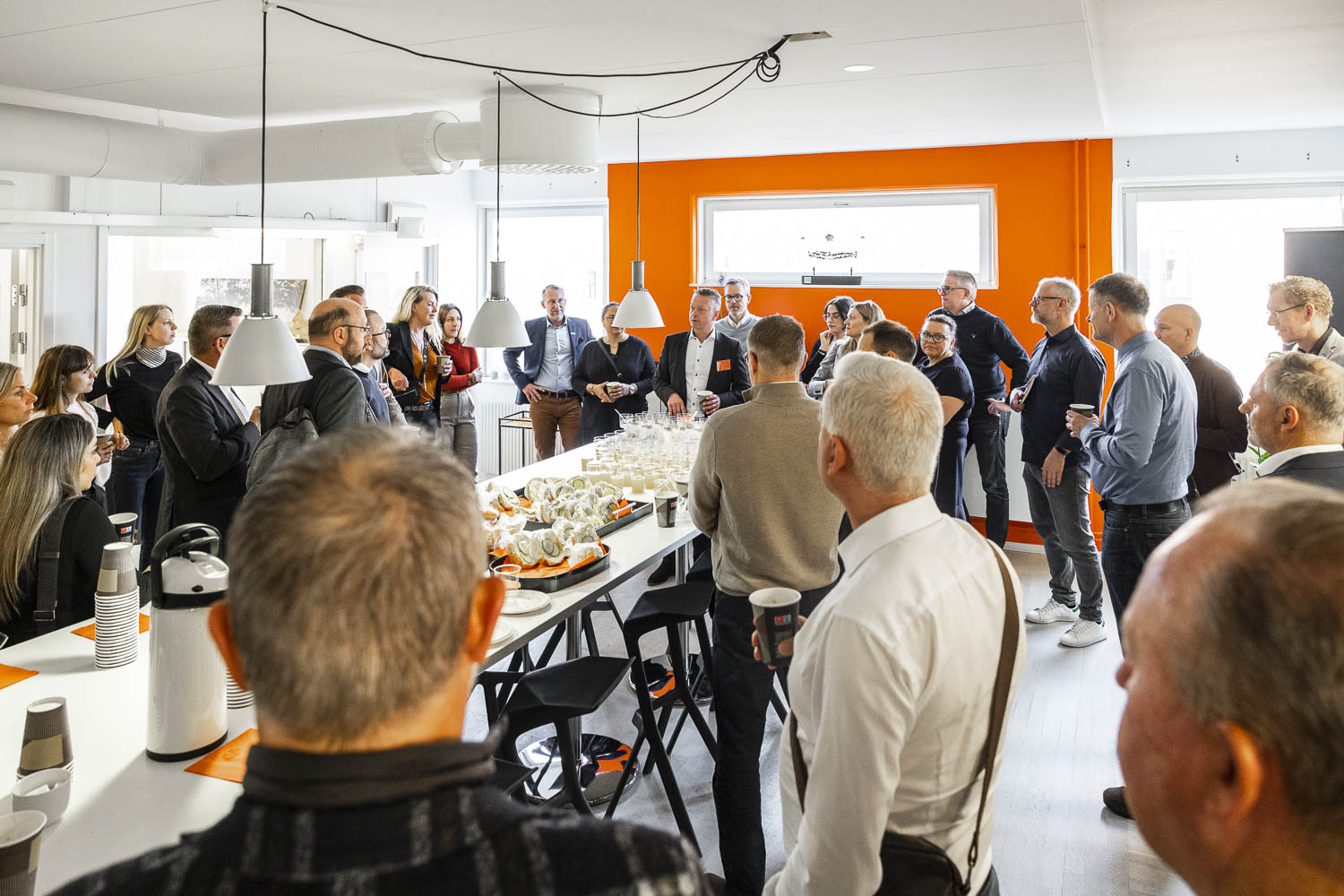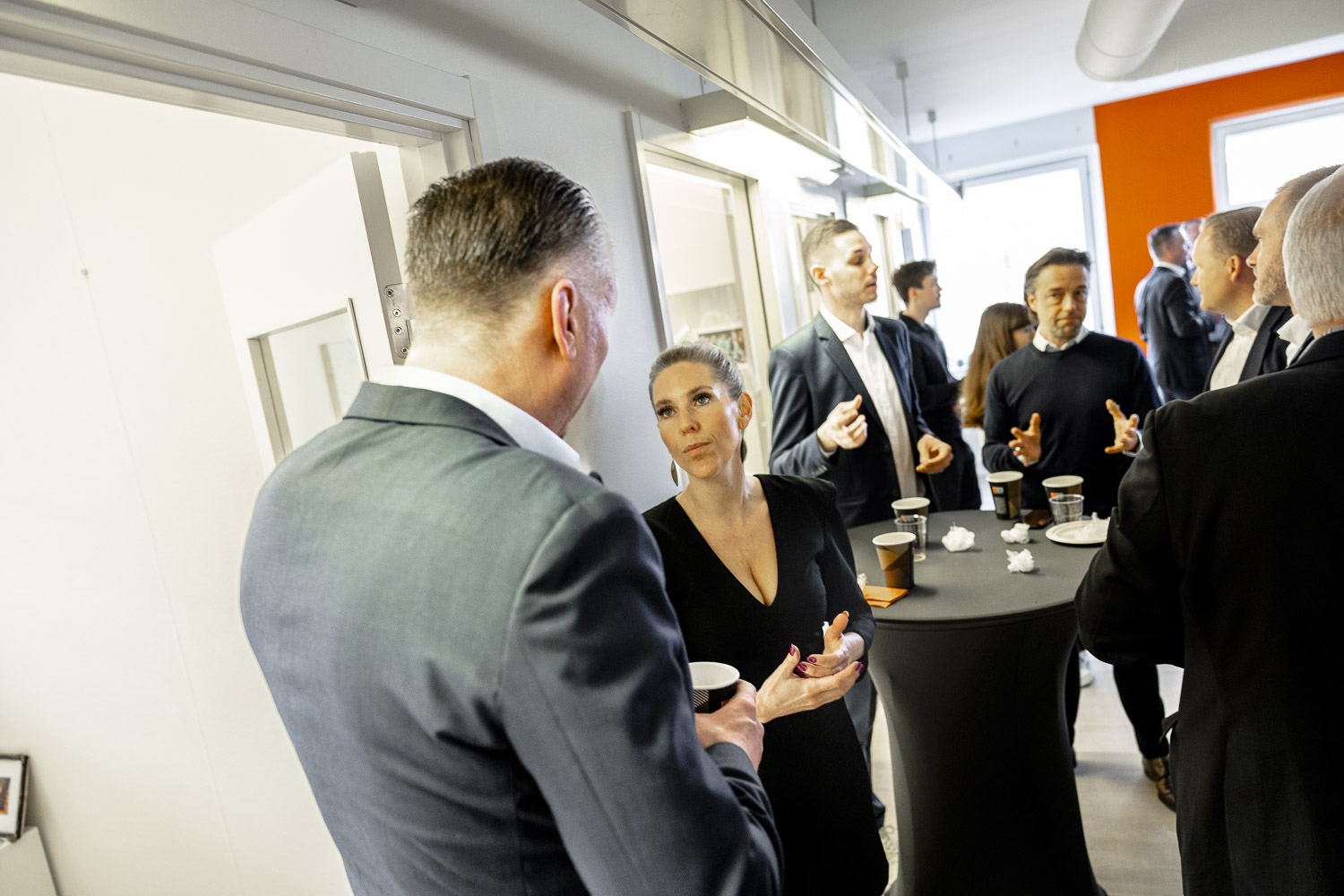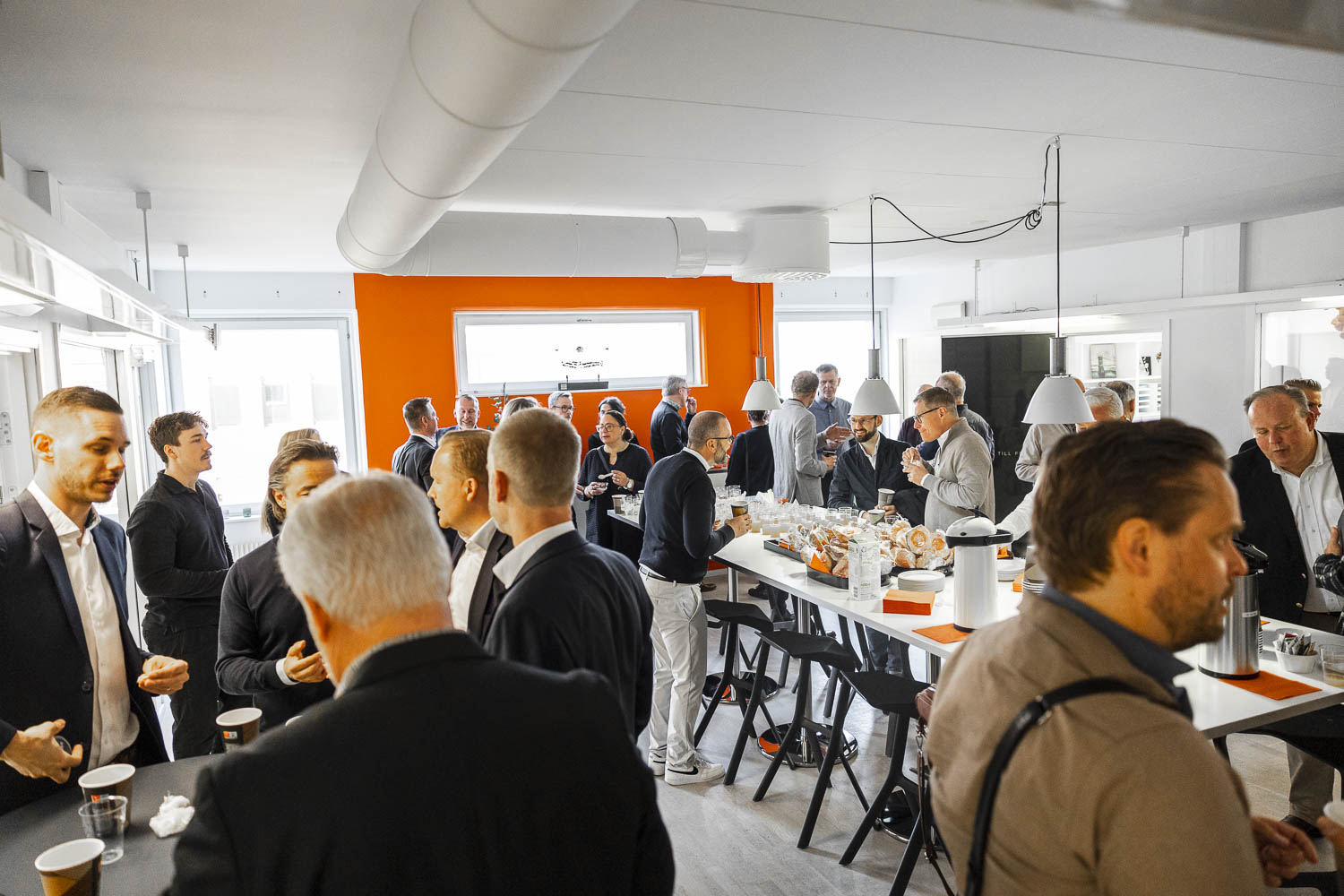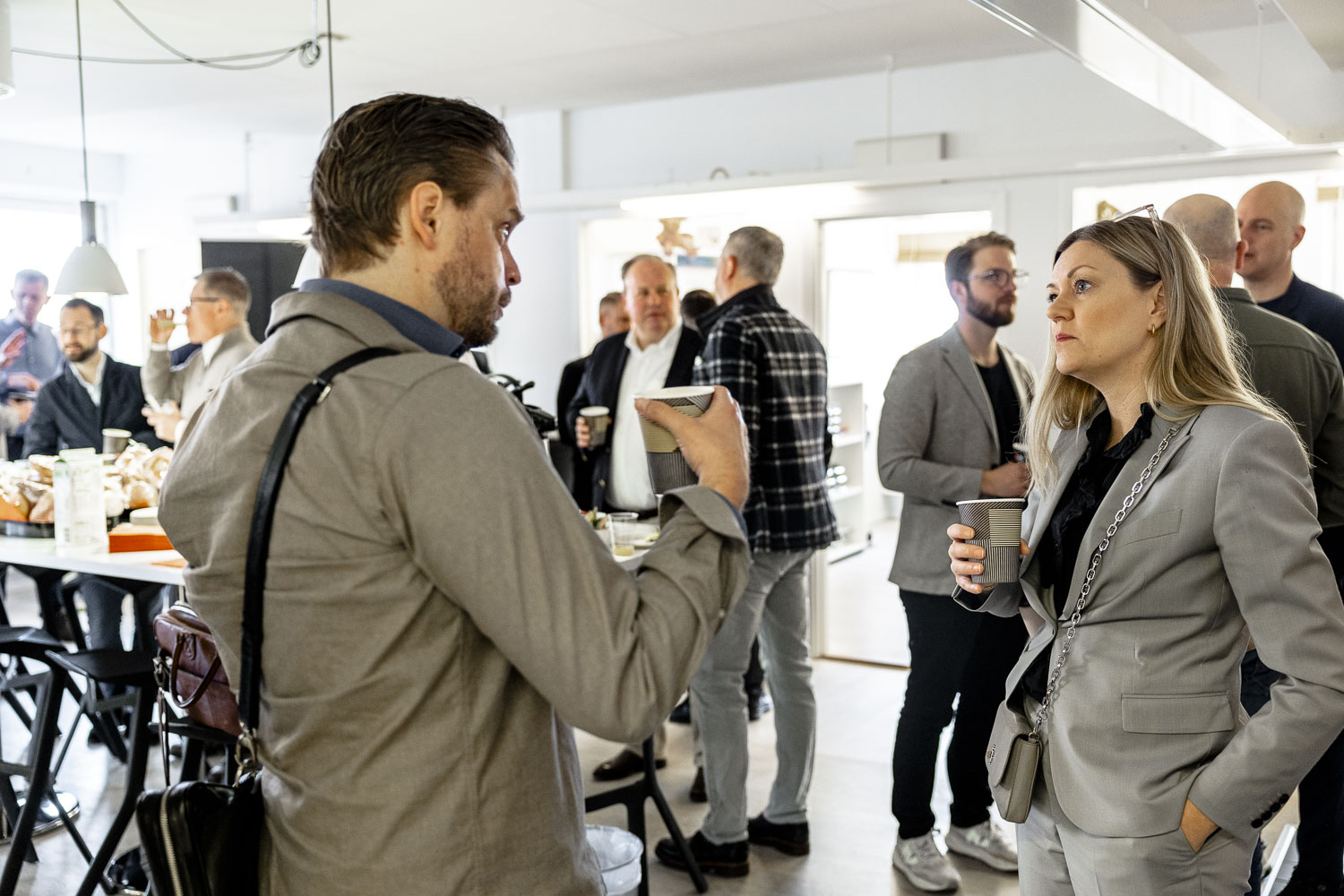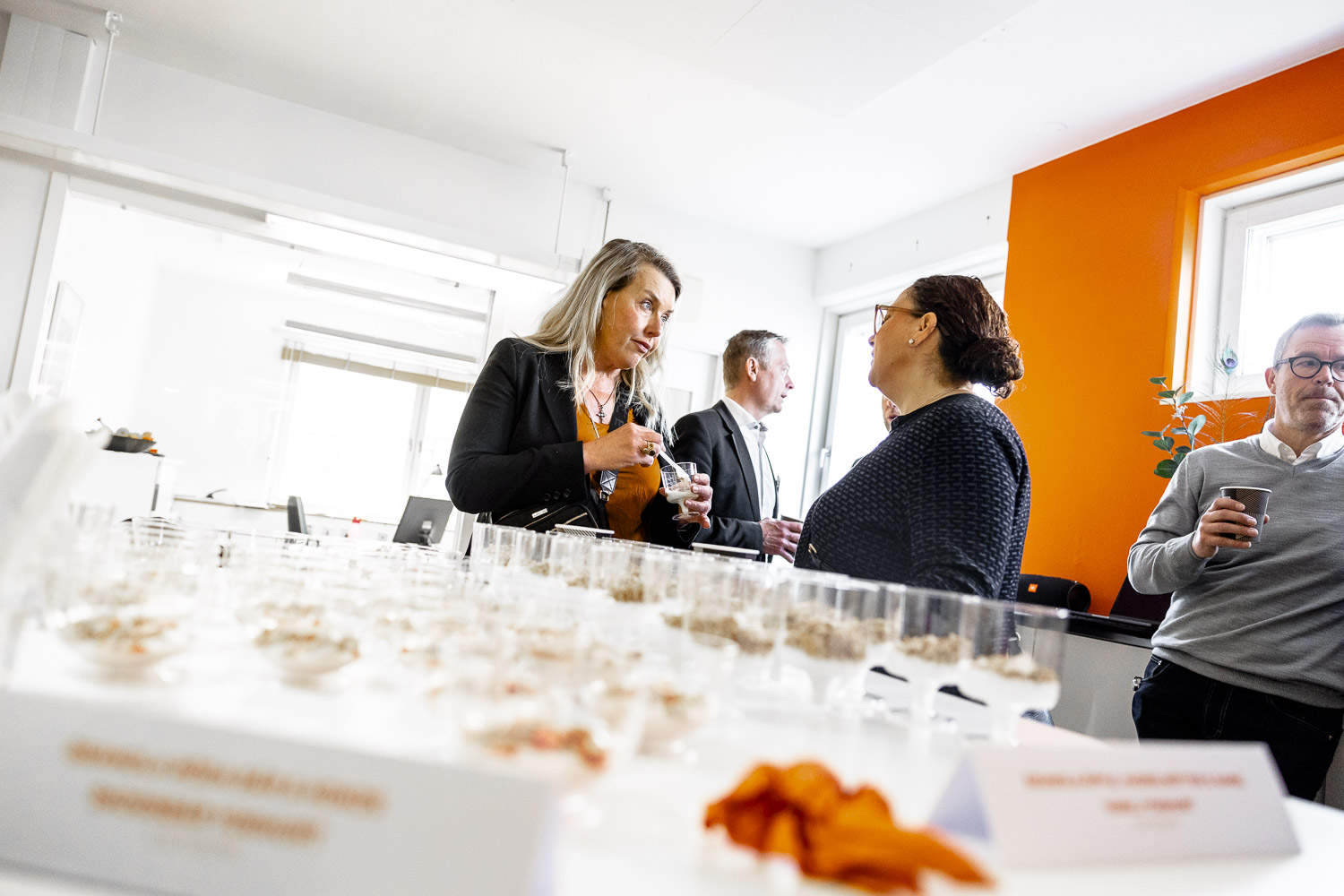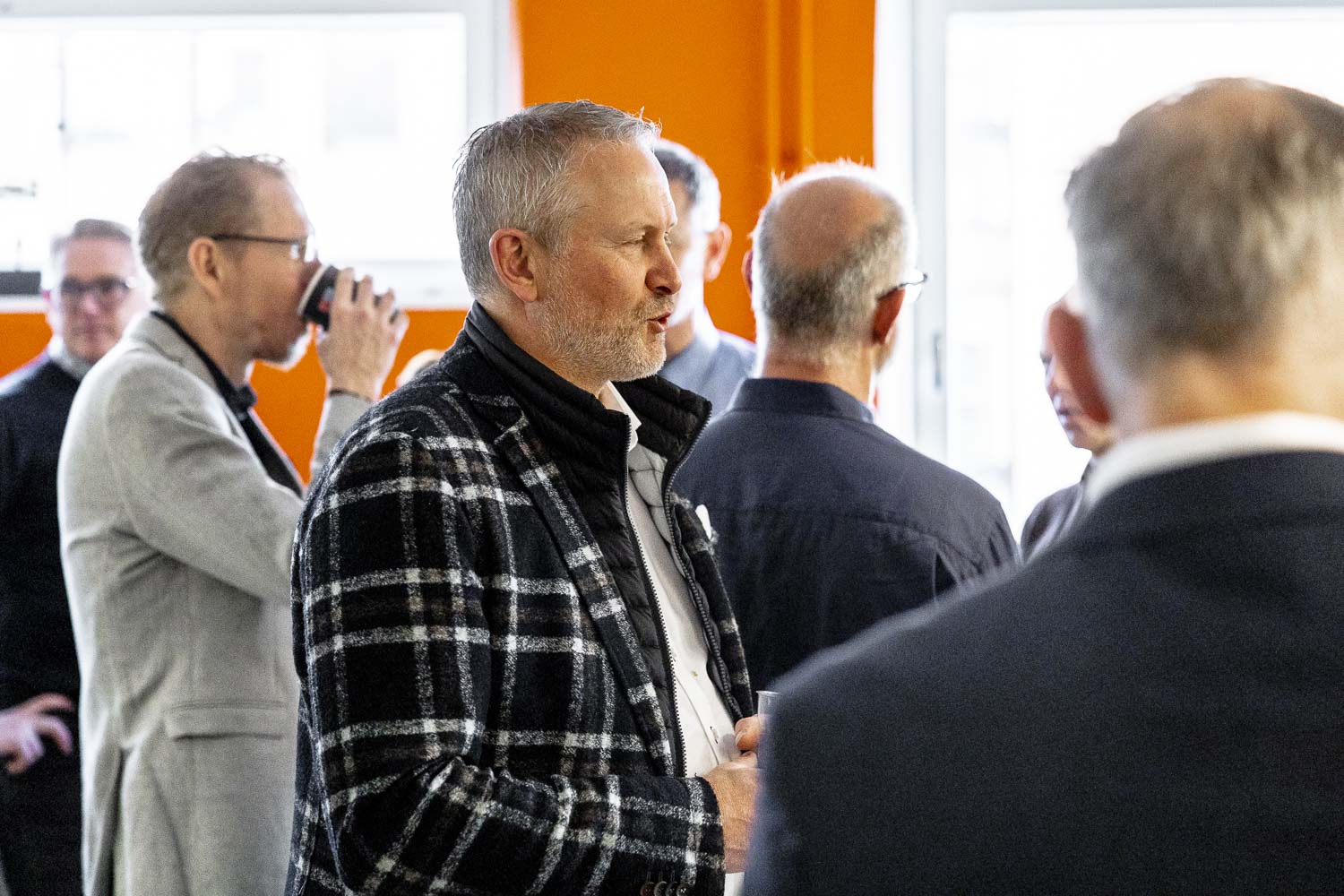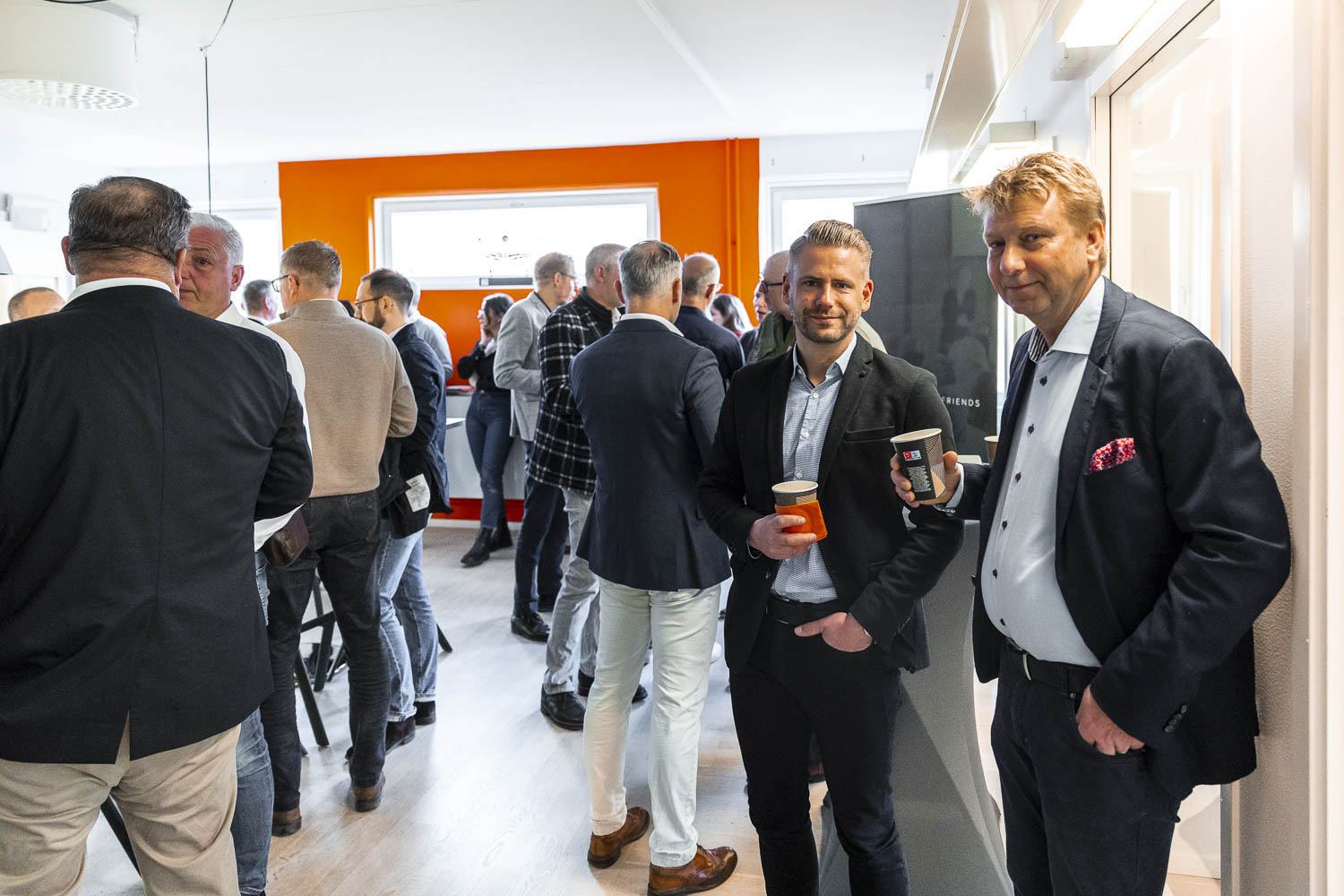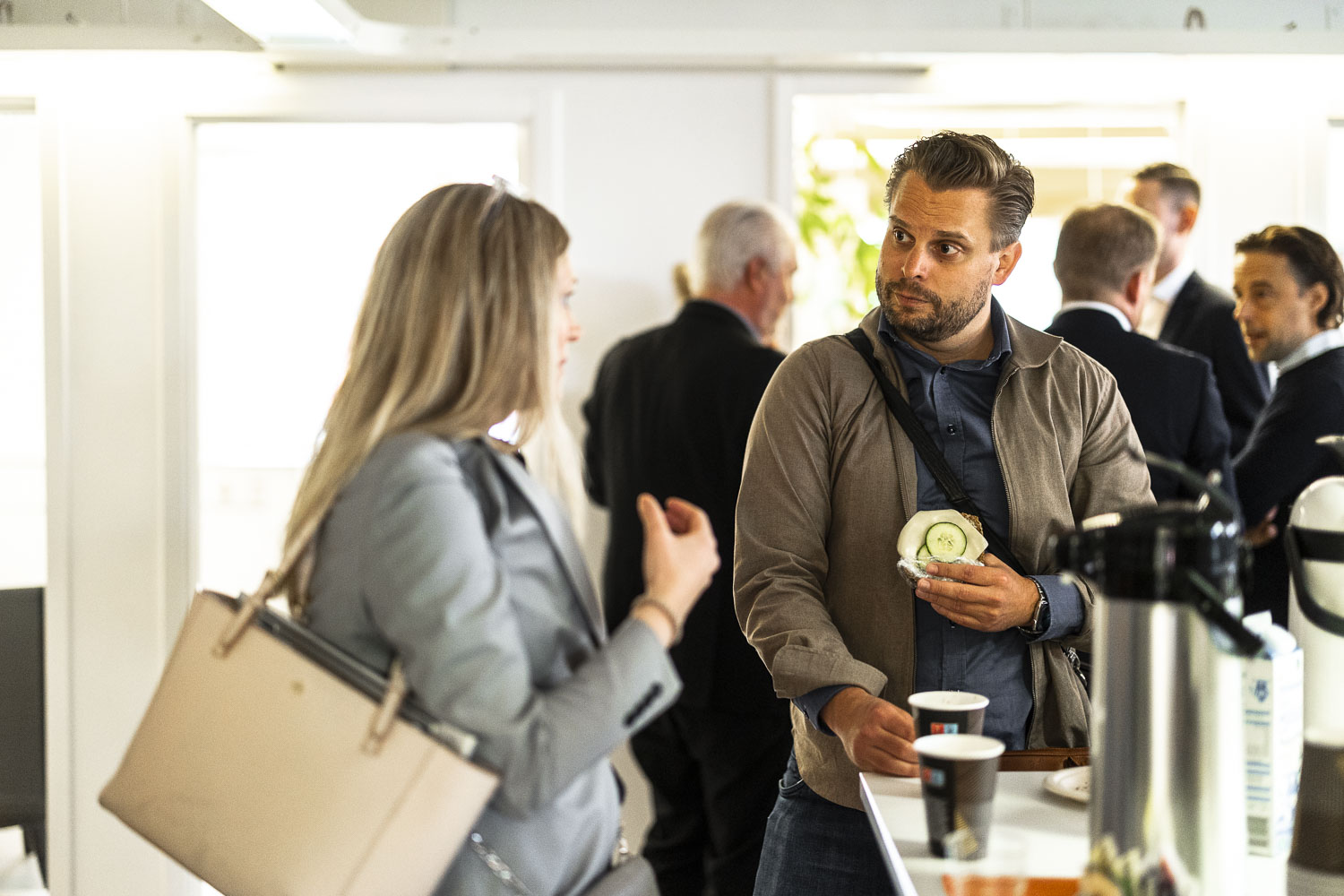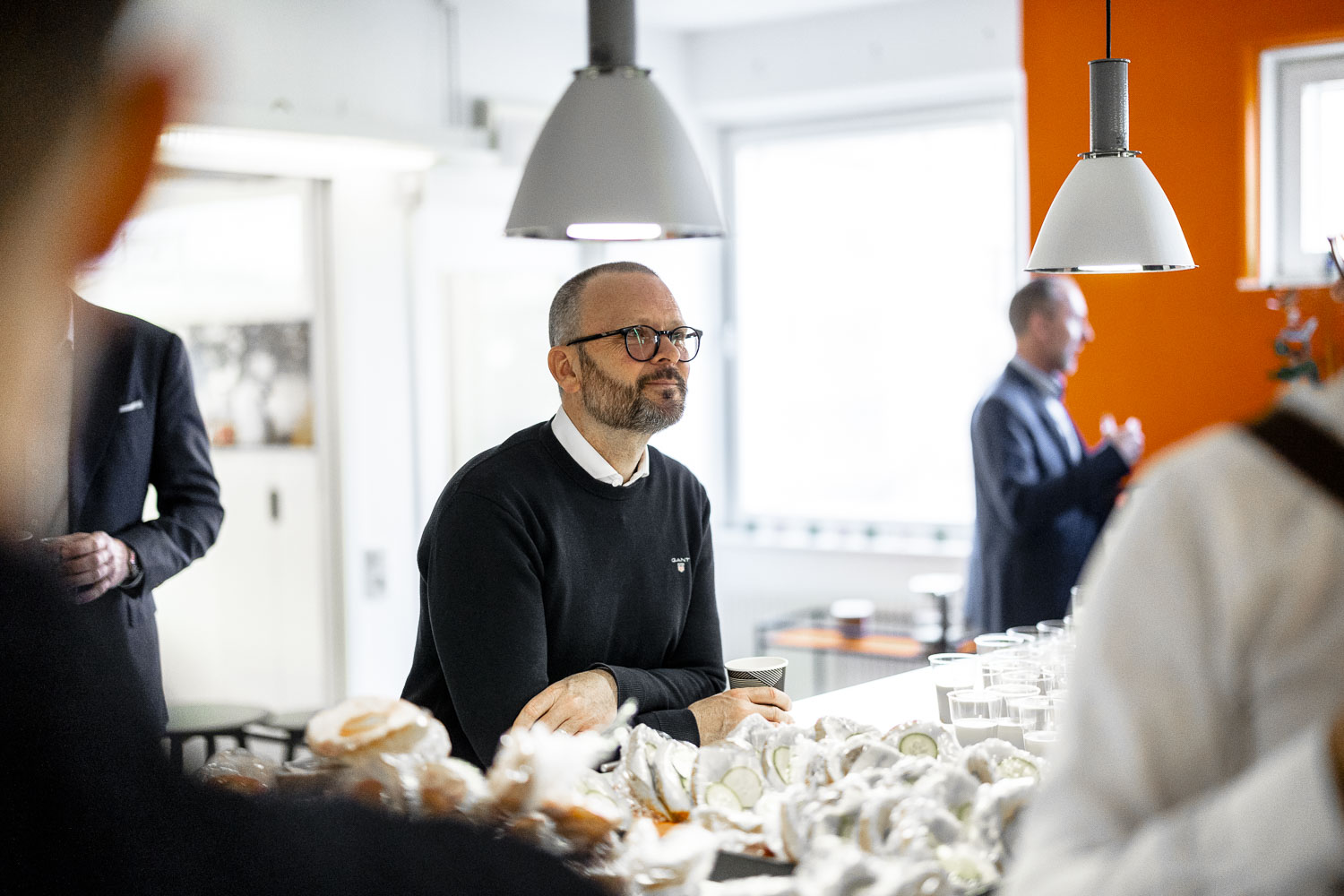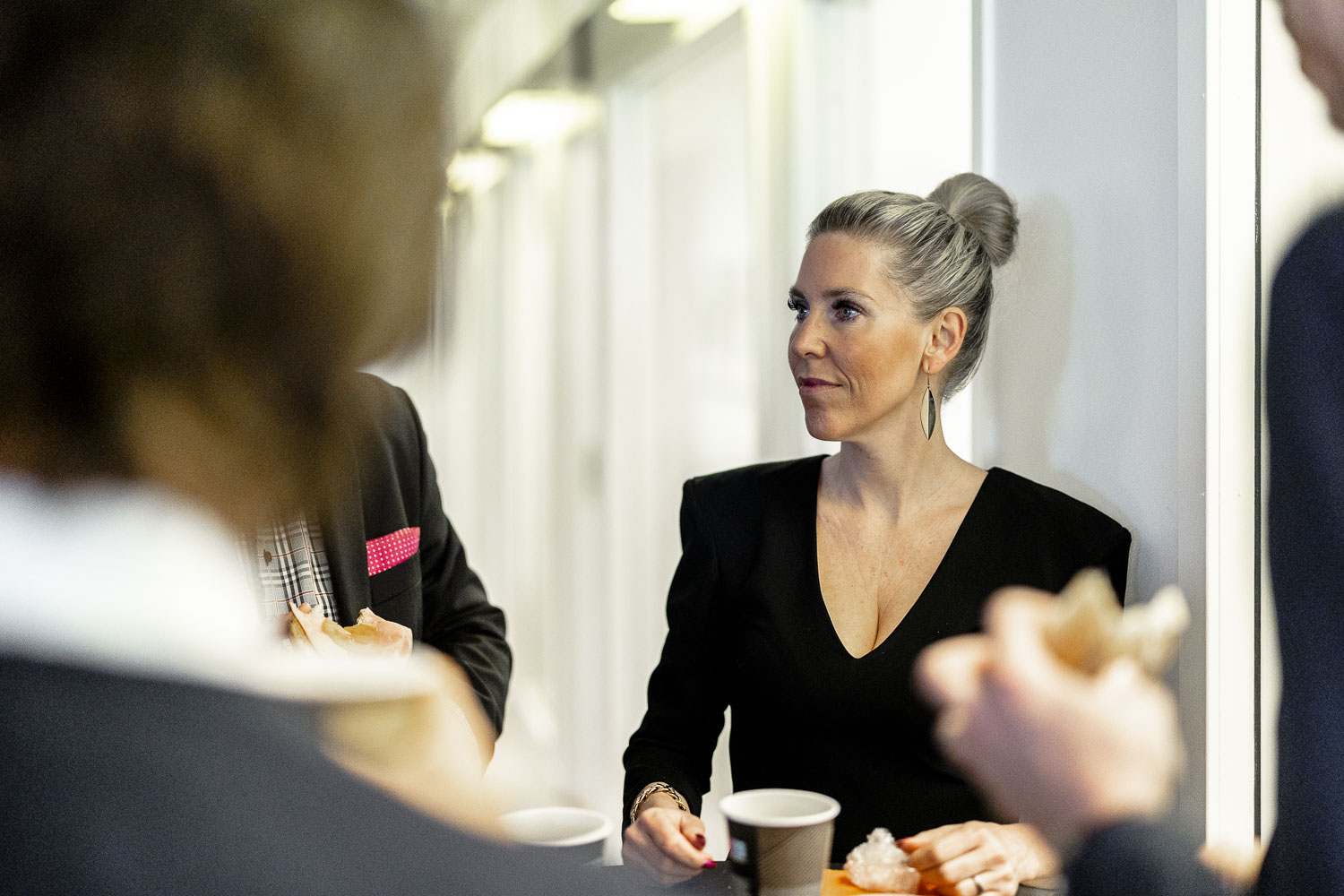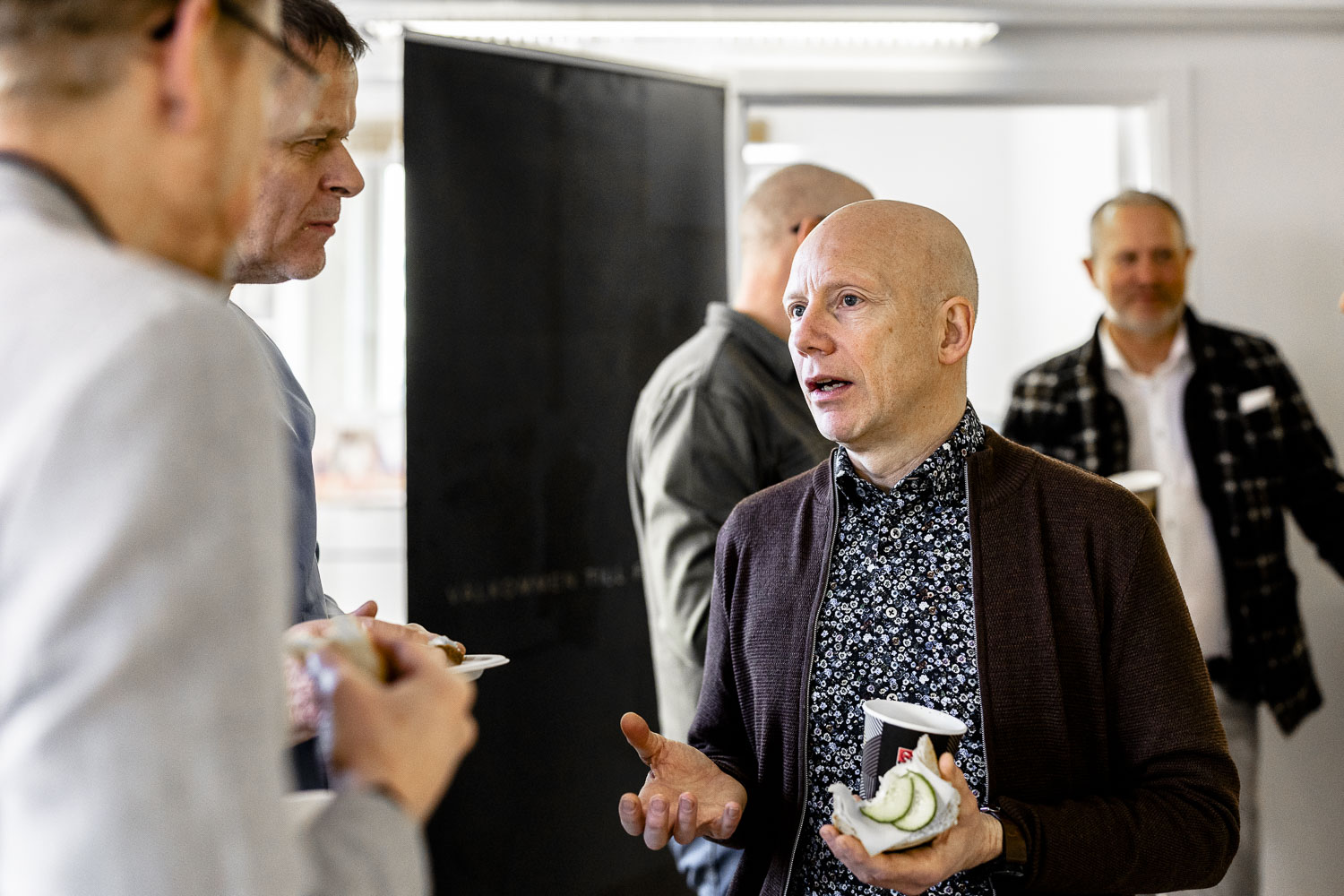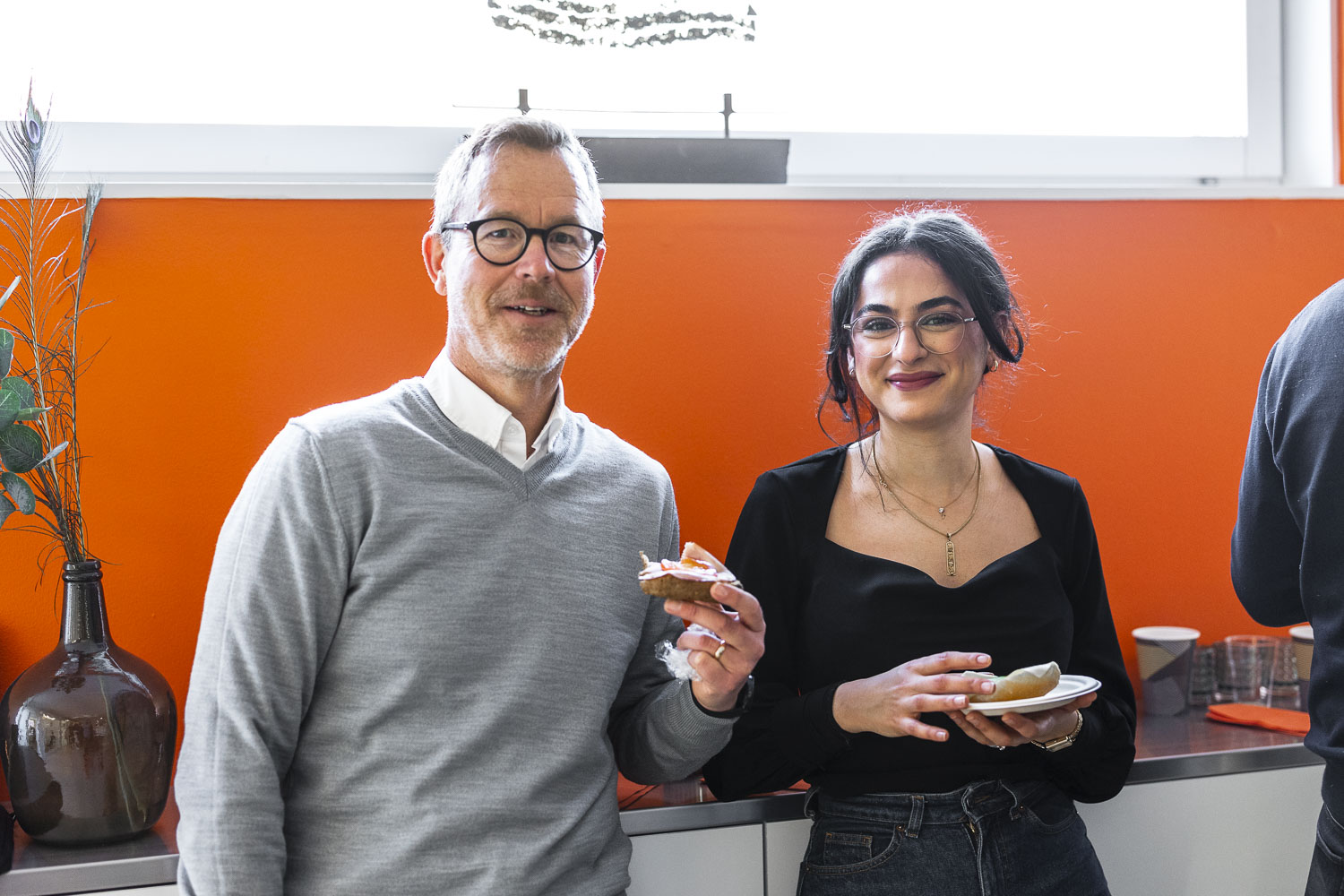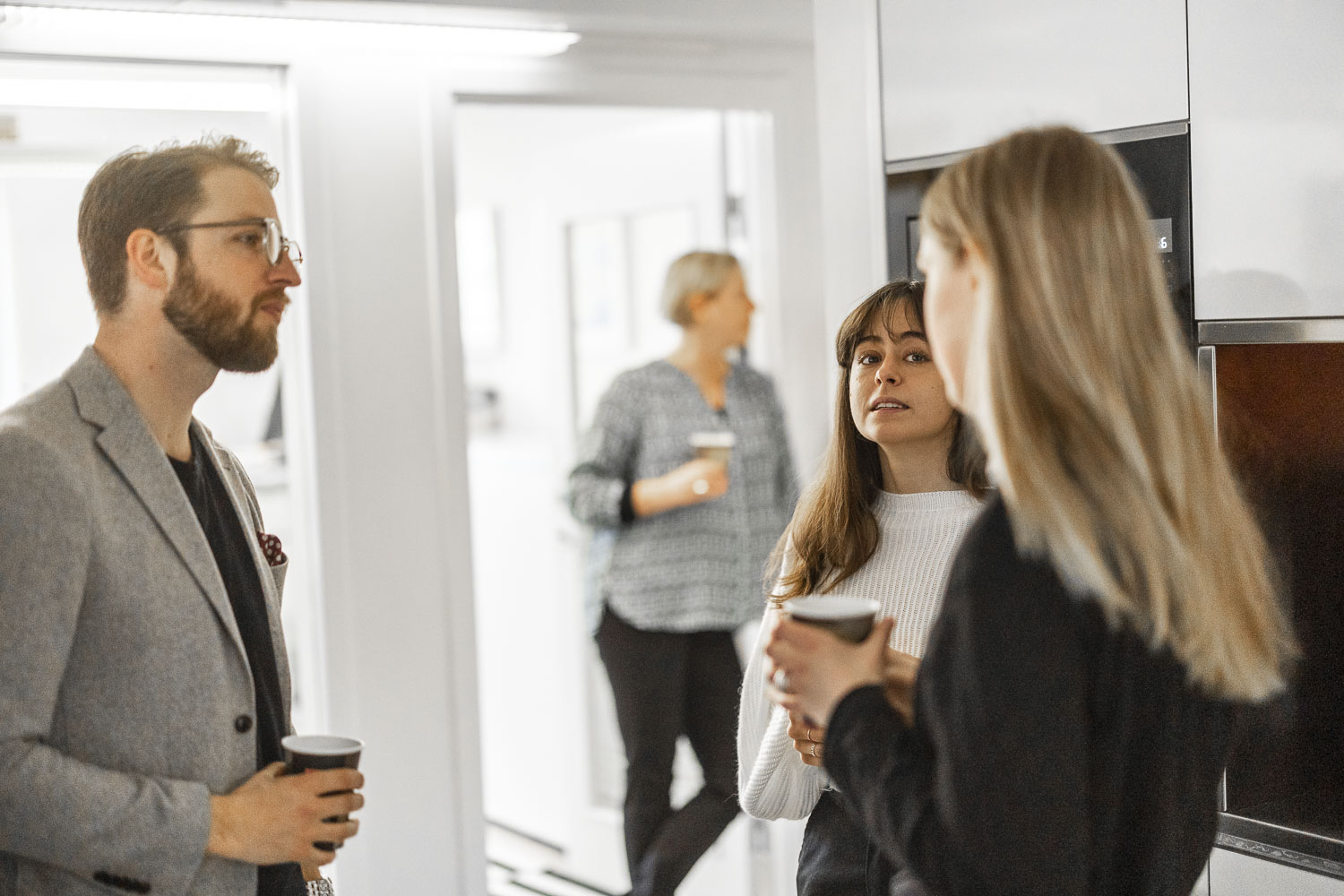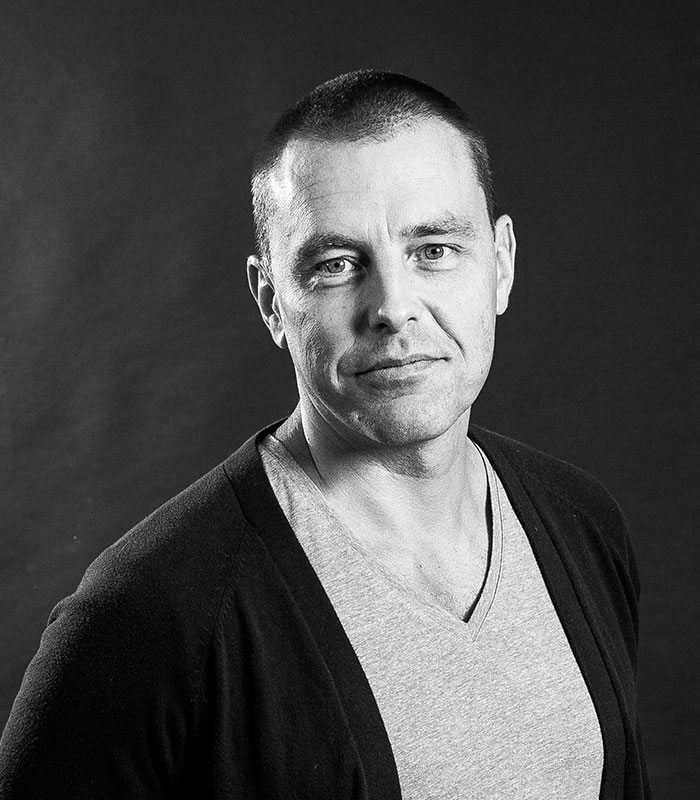Breakfast on trust together with Friends of Executive
Last Friday, we organized an inspirational breakfast together with Friends of Executive on the theme of trust. A deep dive into the topic was alternated with practical exercises. Among other things, participants had to try to solve rebuses together in pairs to see how quickly they managed to build trust in each other.
The art of building trust as a business
Trust. Perhaps the most important component of any relationship. As important between people as between businesses. But how do you build trust? What are the keys and are there any shortcuts?
Most of the time when we talk about the topic, we usually bring up examples of how long it takes for different companies and brands to build trust and how quickly it can be destroyed. But during breakfast on Friday, we dug deeper into the subject to see if there are any building blocks in behavioral research that can help us in our future trust-building work.
What does research say about trust?
We looked at the work of behavioral scientist Fransesca Gino on decision-making and discussed Harvard University's studies on networking. We also helped draw conclusions from behavioral scientist Jon Levy's project "The influencer dinners". 12 years ago, he invited 12 celebrity guests from different areas to his New York apartment to cook together. They weren't allowed to say their names or professions, so the conversations took a new turn as they engaged in a group physical activity. Today, he has organized nearly 250 dinners where the participants have all found new close friends.
We found that there are five points that unite the efforts that both Gino and Jon refer to in building trust. Each point is also linked to a well-known phenomenon or effect in psychology.
Think differently
"The novelty effect"
By inviting the person you want to build trust with to something different and unexpected, you expose them to an increased stress level, which creates focus and opens the mind. At the same time, many positive feelings arise when you realize that the activity was not so hard but actually really fun. You remember what is different and also who contributed to the memory.
Show vulnerability
"The pratfall effect"
In psychology, it is often said that trust increases or decreases when someone makes a mistake or shows vulnerability. If the person is highly competent, there can sometimes be benefits in showing that even the sun has spots, which conveys a sense of honesty. We find it difficult to trust people who appear to be 'too good' to be true.
Be helpful
"The reciprocity effect"
If you're helpful and show that you care, you'll usually get the same treatment in return, thanks to what social psychologists call 'the reciprocity effect'. So when, for example, a customer or supplier is having a tough time, there can be every reason to support and show loyalty. This type of positive action creates a debt of gratitude that you are happy to "repay".
Make joint efforts
"The IKEA effect"
By creating things together, you benefit from "The IKEA effect", a cognitive bias, which means that you usually value what you built together with someone else higher than what you bought or created yourself. So by innovating together with your customers and suppliers, you all have a stronger experience and believe in what you created as a team.
Staying top of mind
"The mere-exposure effect"
"The mere-exposure effect is a psychological phenomenon that makes you like things more just because you know them. Studies have shown that the more often you see a particular person, the more you like him or her. So there is every reason to work consistently and continuously on being remembered and staying current.
We ended the talk by showing an example of a client where we used all five building blocks to build trust and bring about change.
Image gallery

